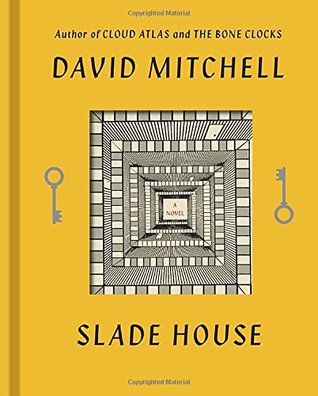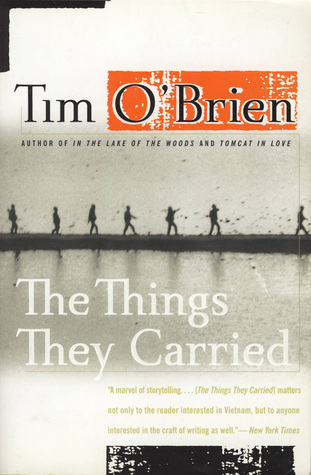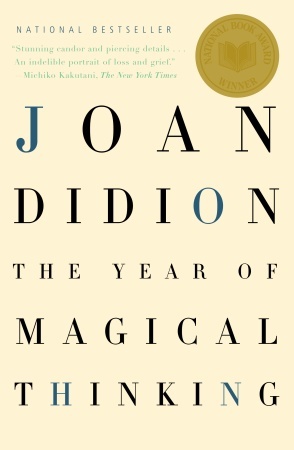Horror is a genre that I’m trying to get into more. But I have to be careful - reading the wrong book at the wrong time will keep me up all night (sometimes because I have to read a much calmer and fluffier book to calm down). For the moment, here are my horror story picks that will keep you on your toes:

- Horrorstör by Grady Hendrix - Dreadful things happen inside a haunted IKEA. This book is both hysterical and terrifying. It's a fun and quick read and definitely worth picking up (for the beautiful artwork if nothing else).

- Red Dragon by Thomas Hardy - This prequel to Silence of the Lambs is horrifying and incredibly memorable. This series is a must-read for those with a dark fascination with serial killers.

- Coraline by Neil Gaiman - A little girl in a new home finds a passage to another world where things seem to be better. But what seems good on the surface might be far darker underneath. This YA horror novel is a great start for any young readers who are interested in the genre.

- Slade House by David Mitchell - Every nine years, someone disappears near an abandoned house. How long will it take before someone can stop the inhabitants of the house from taking more innocent people? This newer horror novel is terrifying and an interesting look at supernatural forces controlling a creepy house.

- The Woman in White by Wilkie Collins - This early horror/detective novel is an excellent start to the genre and shows that people can be quite evil without any supernatural assistance.
What horror books have you enjoyed recently? What horror books would you add to this list? How do you feel about horror as a genre?




